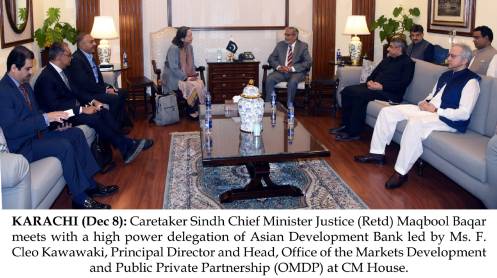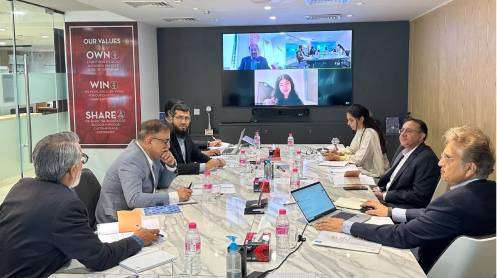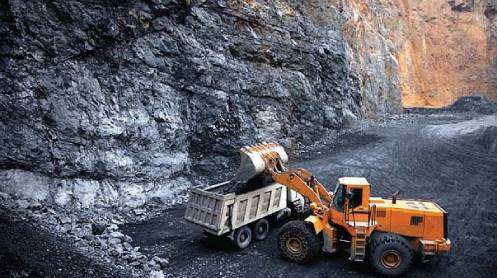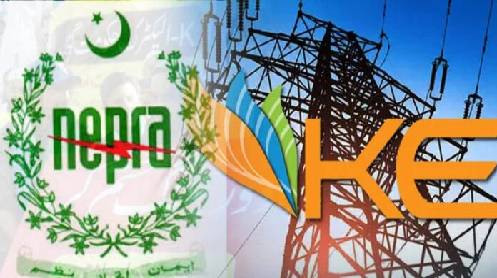KARACHI (Dec 8): The Sindh government has decided to induct 180 electric buses -to be powered by solar energy- on the feeders of the BRTs so that cleaner and more efficient public transportation solutions could be established in addition to bringing an end to the operational subsidy. This was disclosed in a meeting held between Sindh Chief Minister Justice (retd) Maqbool Baqar and Asian Development Bank high power delegation led by Ms. F. Cleo Kawawaki, Principal Director and Head of Office of Market Development and PPPs (OMDP). The other delegation members were Mohammad Azim Hashmi, Advisor to Principal Director, Deputy Country Director Asad Aleem, and Senior Project Officer Salman Mian. The CM was assisted by Electric Buses for BRT feeders: The CM discussing the Electric Buses for BRT Feeder routes said that the Sindh government was exploring the transformative impact of electric buses to strive for cleaner and more efficient public transportation solutions in Karachi. The project aims to introduce electric buses on BRT feeder routes. It aligns with the focus on climate change, resilience, and carbon credits. The operational Business Plan (Feasibility Study) of the project is going to commence at the end of December 2023. Chairman P&D Shakil Mangejo told the ADB head that the Green and Orange Lines have been implemented in Karachi to facilitate estimated passenger traffic of 50,000 per day. With the induction of feeder route buses, existing and future lines will be integrated which will contribute towards the long-term sustainability of the overall system. Secretary Transport said that under the project 170-180 electric buses would be inducted into the existing BRT routes of Green and Orange Line. Partial electricity generation through solarization under a wheeling mechanism could help reduce operating costs targeted to be covered through tariff and non-tariff with no requirement for operational subsidy.The ADB head Ms. F. Cleo Kawawaki said that the ADB was working with the provincial government and would support the project. Recycled Water Project: The chief minister, talking about the West Karachi Recycled Water Project, said that Karachi was one of the most water-stressed cities. The city has a population of more than 20 million and requires 1,100 MIGD of water supply but only receives 550 MIGD, therefore more investment in water supply and treatment infrastructure is badly needed. KWSB mandated the ADB to be the transaction advisor about an unsolicited proposal for a treatment plant at Haroonabad near Sindh Industrial Trade Estate (SITE). Market survey shows that the present water demand of industries in SITE is 40-50 MIGD. Due to water shortage, KWSB is only able to supply around 2-3 MIGD. As per the proposal a full vertically integrated wastewater treatment system with supply, delivery, and billing. The first project to have a recording of Carbon Emission Reduction through technology. RFQ for the project has been completed whereas the RFP is expected to be launched by the first week of December 2023. MD PPP Unit Asad Zaim said that the project would cost around $180 million and prequalification process has been completed and four bidders were competing for RFP. He added that the ADB expert team was working on the project documentation with the provincial government. TP-4: Discussing the TP-4 Wastewater Treatment and Recycling PPP project it was pointed out that it would address the water shortage. KWSB is undertaking various wastewater treatment projects, along with recycling water to generate an industrial grade. TP-IV is the biggest project for wastewater treatment in Karachi with a treatment capacity of 120 MIGD and is expected to double, in future after the successful launch of TP-IV The project includes the connection of more than 30 sewerage conduits (municipal only) which are expected to bring wastewater via the interceptor to the TP4. Treatment of 120 MIGD (Primary & Secondary) followed by 50 MIGD of Recycling to supply water to the industries. MD PPP Unit Asad Zamin said that the cost of the project would be around $400 million, of which the World Bank, ADB and Sindh government would finance $230 million, and the remaining amount would be taken as a loan from the banks. At this the ADB visiting head said that ADB would assist the KWSB in finalizing the bid evaluation up to signing of the project documents. In the meeting, the CM and the ADV Head discussed new areas of potential collaboration, including nature-based solutions, urban development, and mobility, that have embedded digitisation solutions and contribute towards the development of carbon markets.
Sindh govt plans to induct 180 electric buses on BRTs feeder routes







